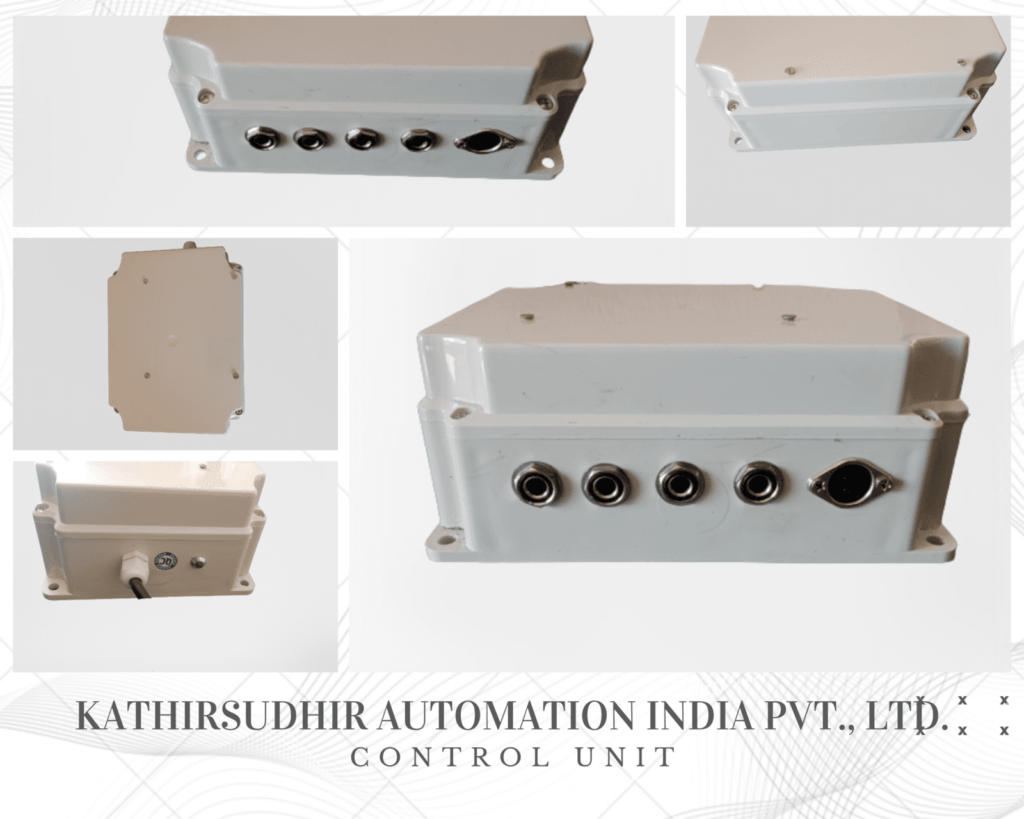Introduction: In the ever-evolving landscape of healthcare, technological advancements have played a pivotal role in enhancing patient care and comfort. One such innovation that stands out is the integration of intelligent control systems into electric hospital beds. Gone are the days when hospital beds were simple and manually operated; today, these beds boast a complex structure, thanks to the application of cutting-edge science and technology.

Understanding Electric Hospital Beds:
At its core, an electric hospital bed is one that is powered by electricity, offering a range of automated functions to meet the diverse needs of patients. These beds have become an integral part of modern healthcare facilities, providing a comfortable and adjustable environment for patients during their recovery.
The Rise of Intelligent Control Systems:
The latest stride in the development of electric hospital beds is the incorporation of intelligent control systems. These systems utilize advanced technologies to monitor patient conditions, automatically adjust bed postures, and even recommend clinical interventions when necessary. This marriage of technology and healthcare aims to create a seamless and responsive environment for both patients and healthcare providers.
Monitoring Patient Condition:
The intelligent control system acts as a vigilant guardian, continuously monitoring the patient’s vital signs and overall condition. This real-time data allows healthcare professionals to make informed decisions promptly, ensuring that patients receive the best possible care.
Dynamic Bed Posture Adjustments:
One of the standout features of electric hospital beds with intelligent control systems is the ability to automatically adjust bed postures. This not only enhances patient comfort but also aids in the prevention of complications such as bedsores. The bed can adapt to various positions, providing relief to patients and facilitating better recovery.
Clinical Intervention Recommendations:
In critical situations, the intelligent control system can recommend clinical interventions based on the collected data. This proactive approach ensures that healthcare providers are alerted to potential issues, allowing for timely and targeted interventions. This feature can be particularly beneficial in emergency situations where quick decision-making is crucial.
Automatic Conversion Function:
The automatic conversion function of electric hospital beds adds another layer of convenience and flexibility. These beds can seamlessly transition between different positions, providing optimal support for various activities, including movement or medical procedures. This adaptability enhances the efficiency of healthcare delivery and contributes to a smoother workflow within medical facilities.
Portability and Practical Application:
The transformation of electric patient beds into user-friendly, portable products marks a significant leap in practicality. This flexibility allows healthcare providers to optimize space and resources, making these beds adaptable to a variety of environments. The easy-to-carry design enhances the overall mobility of the beds, catering to the evolving needs of modern healthcare settings.
Conclusion:
The integration of intelligent control systems into electric hospital beds represents a remarkable advancement in healthcare technology. This synergy not only enhances patient care and comfort but also empowers healthcare professionals with real-time data and automated functionalities. As we continue to witness the convergence of science and technology in healthcare, electric hospital beds with intelligent control systems stand out as a testament to the industry’s commitment to innovation and the well-being of patients.
